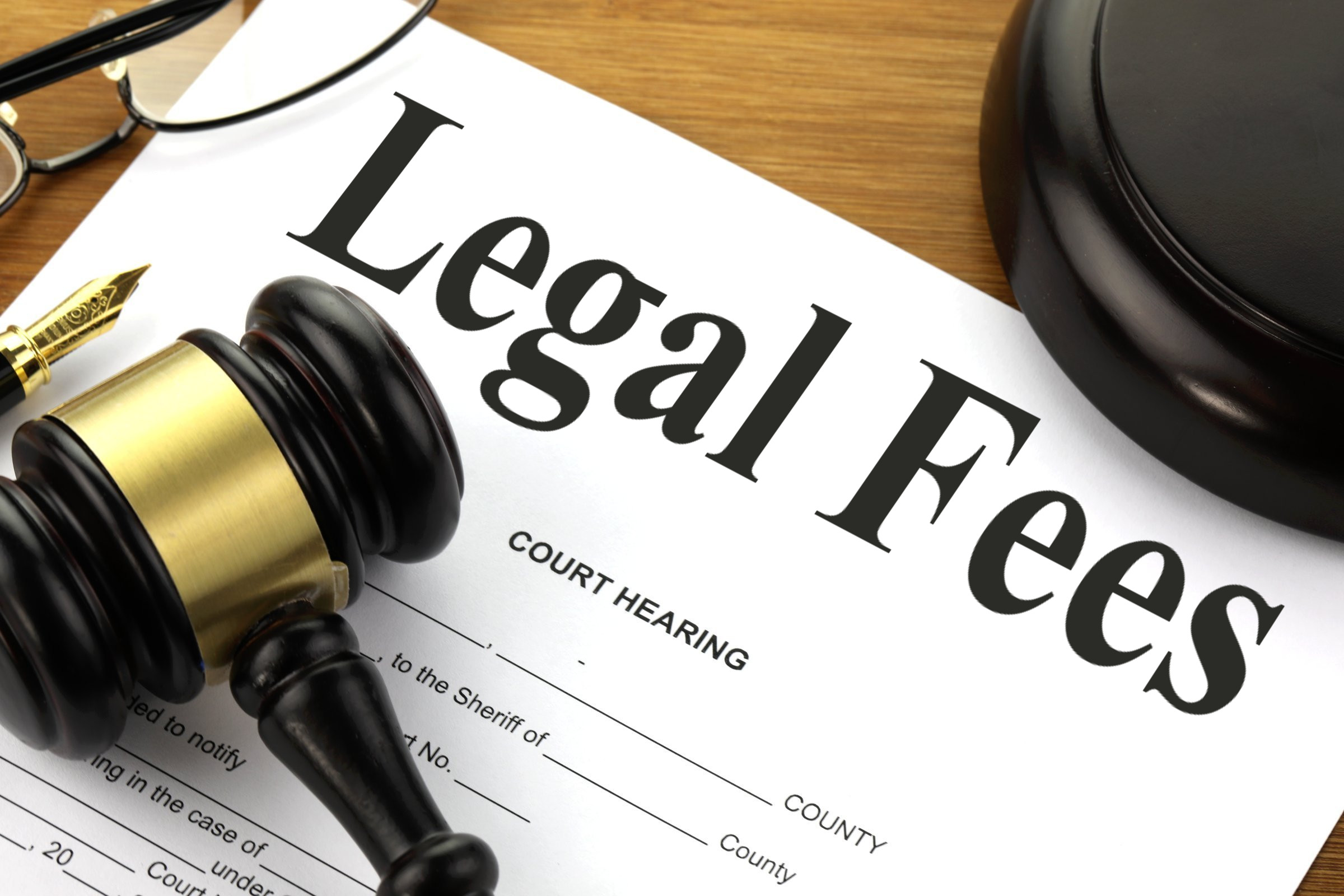Courtroom Battle Unfolds Over Developer’s Claim for Attorneys’ Fees and Costs
On April 3, Judge Noël Wise heard two hours of arguments over developer Phil Tagami’s claim for $12.8 million of attorneys’ fees and costs based on partial victory in his breach of contract lawsuit against the City of Oakland. Judge Wise scheduled a followup hearing for May 8 after which the court will render its decision on the expansive fee request.
The parties submitted numerous briefs in advance of the April 3 hearing. The April 3 hearing focused on a series of questions posed by Judge Wise on the day before the hearing. These ranged from major questions that could result in dramatic reductions in the fee award to requests for clarification of minor components of Tagami’s overall request.
After a six-month trial, Judge Wise issued a judgment on January 23, 2024, rescinding the City of Oakland’s 2018 termination of Tagami’s lease. She ruled that the City violated the lease by failing to give Tagami additional time to meet construction deadlines after delays she attributed to the City. Judge Wise relied heavily on an earlier federal court ruling the City had barred coal without having pulled together sufficient evidence of local health and safety impacts.
In seeking a remedy for the City’s breach, Tagami asked the court for an opportunity to choose either a “legal remedy” of $160 million in damages (mostly for alleged “lost profits”); or a “specific performance” remedy, reinstating his lease and awarding him $20 million of incidental damages. The court instead offered him a choice between two far less lucrative options: damages of a mere $318,000 or reinstatement of his lease without any money. Tagami chose reinstatement.
The court must now decide what attorneys’ fees or costs, if any, to award Tagami as the nominal victor.
Under Tagami’s lease, there is a “fee-shifting provision” that entitles the “prevailing party” in litigation for enforcement of the lease to attorneys’ fees and costs reasonably expended in achieving victory. Tagami says the Court’s judgment reinstating his lease and granting him a two-and-a-half year extension of time to get construction underway entitles him to a full recovery of fees and costs.
Not so fast, the City’s attorneys contend.
The City argues there is no prevailing party because of the mixed result: the Plaintiffs won on liability and obtained a specific performance remedy, but the City defeated the $160 million damages claim, the $20 million claim incidental to specific performance, expansive declaratory relief claims, and claims that were knocked out earlier in the suit on legal grounds. The City argues that, given the mixed outcome, neither side is entitled to recover under the fee-shifting provision of the ground lease.
If the judge disagrees, the City says that the court should reduce Tagami’s claim by approximately $4,016,000 in attorneys’ fees not incurred directly in the case, and $719,000 of “extra-statutory costs” that Plaintiffs were required, but failed, to pursue prior to judgment. In addition, the City argues the court should reduce the remaining attorneys’ fees downward to reflect the Plaintiffs’ limited success.
The City has appealed the decision that it violated the lease. If the City’s appeal is successful, Tagami’s lease will be terminated, any award of attorneys’ fees and costs to Tagami will be vacated, and the City will be free to seek its attorneys’ fees and costs for the five years of legal proceedings in the trial court. A decision on the appeal is unlikely before late 2025.
Image: Legal Fees by Nick Youngson CC BY-SA 3.0 Pix4free.org
